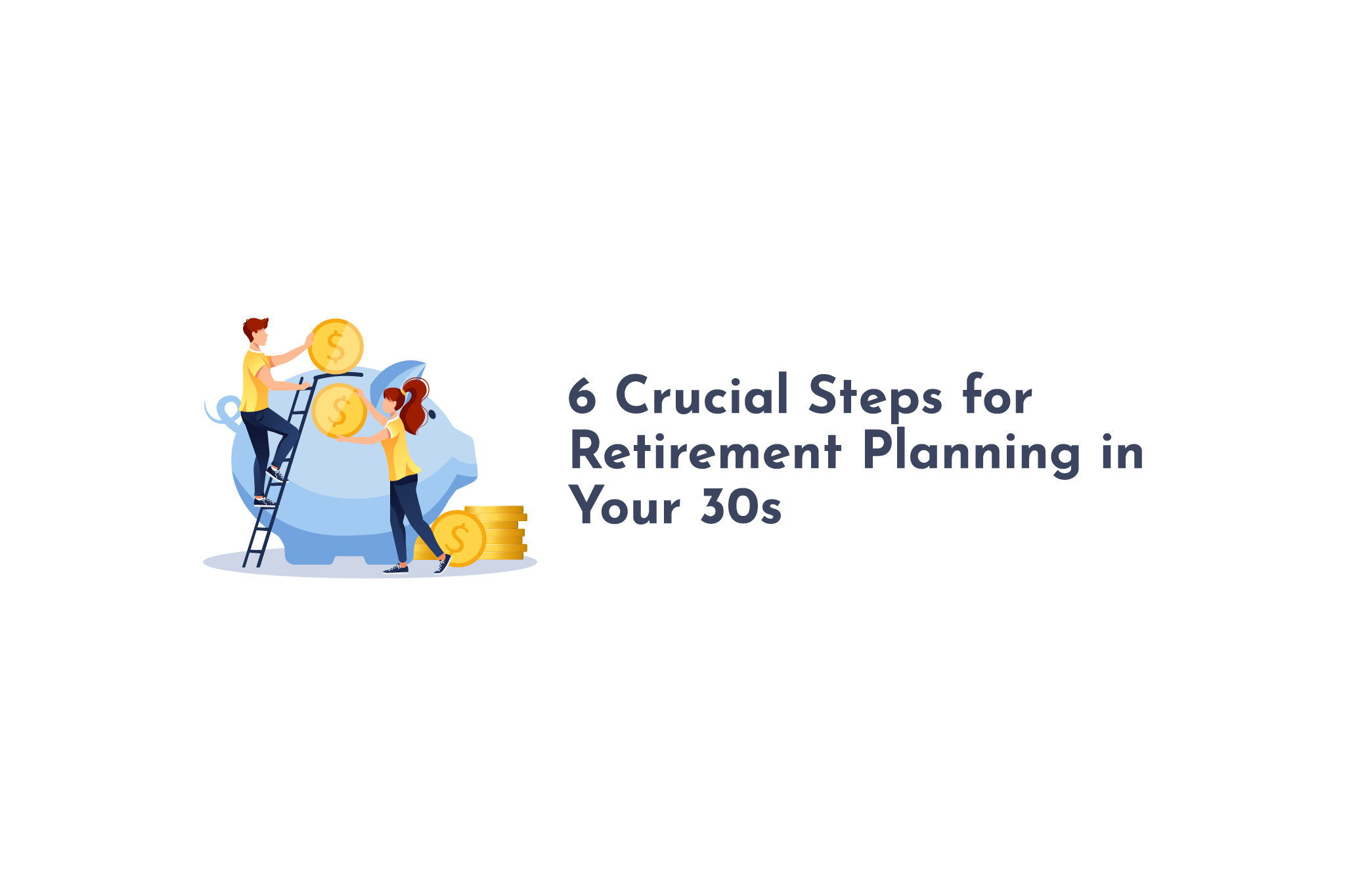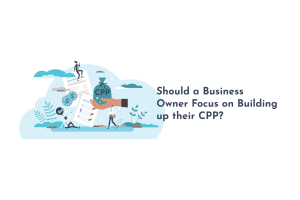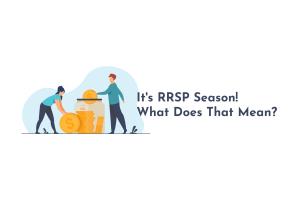Investing for retirement in your 30s is an important step towards securing a comfortable future. Although everyone’s financial situation is different, some valuable rules of thumb will be sure to get you on the right path.
In this article:
- Assess your financial situation
- Choose growth-focused funds early on
- Don’t micromanage your portfolio
- Take advantage of any employer matches you may have available
- Expect a longer life and plan accordingly
- Get professional advice from an experienced financial advisor
Assess your financial situation
The first step towards planning for retirement is determining how much you can start saving, right now. Some of the most common advice around retirement funds is “save ’til it hurts” — and while it sounds great on paper, it’s all too easy to fall into a situation where you’re saving to the point where you’re unable to meet your monthly expenses and then have to take out high-interest loans or load up the credit cards, which is in all likelihood going to set you back further than if you hadn’t invested anything at all. While it’s important to begin saving for retirement, it’s also equally important not to overextend yourself. Time spent investing is just as crucial as the money you put in, and in your 30s, you still have plenty of time. Aim for the sweet spot that lets you devote a prudent percentage of your funds towards your future while ensuring that your needs are met in the present, and if you have to err on the side of caution, that is totally fine.
Choose growth-focused funds early on
Investing in investments with higher potential for growth when you are young gives you the advantage of time as compounding interest and market gains increase over a longer period. Additionally, because you have more years before retirement, there is less pressure to achieve short-term returns, allowing for investments that may be more volatile in the short term but offer greater rewards over the long run. As you near retirement, it’s going to make more sense to gradually peel those back towards a portfolio more geared towards stability, but your early career is the time to really put your foot down and capitalize on the fact that you have a long time horizon and take advantage of more volatile assets.
Don’t micromanage your portfolio
Although it might be tempting to check your balance every day to see how your portfolio is faring, it may not be a good idea if the ups and downs might drive you to make sudden changes. You might feel compelled to cash out gains if the market pops off, or tinker with funds you feel that are underperforming. This may end up doing you more harm than good, and if you feel that you might want to make alterations to your strategy based on day to day variance, then you may be better off simply checking it once every quarter or so instead. Rebalancing your investments is not a bad idea on a scale of quarters or even years, but daily changes should not factor into your decision-making at all.
Take advantage of any employer matches you may have available
If your employer offers you a match on contributions through a Registered Retirement Savings Plan (RRSP) then you should absolutely contribute enough to it to meet that match, even if you have other investment vehicles available to you. Not taking advantage of a company match is leaving money on the table, especially since those match contributions can add up to hundreds or even thousands of dollars over the course of a year. While there are other investment plans available to you beyond what your employer offers, contributing to get an employment-sponsored match should be your first priority before looking at offerings outside your company.

Expect a longer life and plan accordingly
The life expectancy in Canada is quite high – nearly 83 years as of now, and growing. As medical advances continue, it’s not unreasonable to think that you may live into your 90s or even further. Saving earlier rather than later may be one of the most important life decisions you ever make, as you may need a larger balance than you think to ensure you are comfortable when you do retire.
Get professional advice from an experienced financial advisor
When starting your retirement planning in your 30s, it may be beneficial to seek professional advice from an experienced financial advisor. While you may have a good understanding of the markets and how investments work, having someone with expertise in this area can help you make informed decisions about how best to manage your money for the future. A financial advisor will be able to provide tailored advice based on your individual goals and risk tolerance, as well as helping you make sense of complex investment strategies. They can also provide guidance on tax laws that could affect your long-term returns, so that you don’t miss out on potential savings or face unexpected liabilities down the line.
With their knowledge and insight into the current economic climate, an experienced financial advisor can be your strongest ally as you work towards this goal. Strata Wealth has the expertise needed to see you through — contact us for a consultation.





